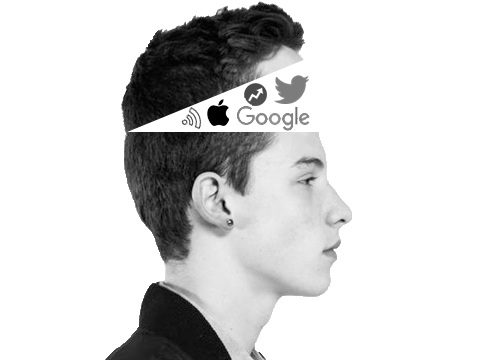The thin line of truth
Internet blurs the lines between truth and fantasy

When the world has a question, where is the first place we look? Google. Google is the one place you can type in a single word and receive over a thousand responses. It’s easy to just click one the first result shown and believe that it was the best choice possible; however, just because the answer had a good punchline may not always mean it was the best.
In the world today, some may read an article and form their views on just that. Occasionally, you can stumble upon something written so well that there is no need to read further into the subject. Other times, when you click on that first result from the thousands given to you, half may be truth and the other half may be opinion. Spotting this at such a young age can come as a difficulty. It’s hard at times to stay focused on something when you don’t show a real interest in the subject. Other times you find something so indulging and so fanatical that your mind wants it to be true.
There are times, as students, that we have to sit down and do a research paper. What happens when the website you use obtains false information? It’s not just news that gets the facts wrong from time to time; it’s people, in general, not looking far enough into a subject. A way to solve the problem itself is to look further than just the first link. Sometimes, all of your questions can be answered by scrolling down the page and clicking the ninth website. Not every answer is solved by one person sitting behind a screen typing into a text box.
To avoid the embarrassment of being proven wrong, people need to separate fact from fiction. People often don’t put much thought into what they read because some people just want an update on what’s going on in the world. What happens when that update is written with opinions only and not the statistics or facts? People get the wrong idea that just because something is from the internet that it’s real, when, in reality, not everything we read is true.
At the point you realize that the article you have read is false, you need to turn the corner and find something new. Not all websites are dedicated to informing the audience and the truth, which is why you must always look for a second source. Not everything is stated in the same way, so separating facts from each other and comparing them could be what’s most important. Reading further into your research will be the thin line between the truth and someone’s opinion on a matter.
When looking for an answer, it’s always important to remember to second guess the first thing you read. Finding what you’re looking for is important, but finding the truth is what really matters in the end.


